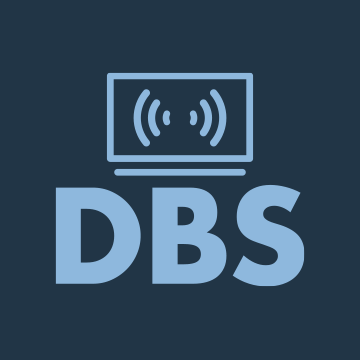TiVo sets up a server farm with oodles of drive space. Sell a TiVo box with multiple tuners, but no hard drive (would have to have a small amount of RAM drive).
Every show on every tuner buffers to the RAM drive. At the end of each "recorded" show, it queries the TiVo Cloud server to see if that show, from that specific provider, is already uploaded. If not, then it uploads the show to the server (transcoding to MPEG4 to minimize bandwidth usage).
That show then becomes available to every TiVo user that has legitimate access to that show through that provider.
So, for example, I record "Law and Order: SVU" at 9:00pm Wednesday on WNBC NY. at the end of the show, my TiVo connects to the server and sees that there isn't already a copy of that specific show uploaded, so it uploads my copy. From then on, every TiVo owner that recorded that episode of "Law and Order: SVU" from WNBC NY would be able to stream that copy of the show from the server. So, if 1000 people record that episode from that provider, and only one copy of it is stored on the server, that saves massive amounts of drive space.
It would also be cheaper for TiVo to have the storage centralized. Rather than installing individual hard drives within each TiVo box (and having to support drive failures), they could support 10s or 100s of users with that same amount of disk space at the central location by eliminating the duplicate recordings.
This could also be expanded out (legal matters permitting) so that EVERY show that goes through EVERY tuner on EVERY TiVos checks to see if it exists on the server (no matter if the user recorded it or not), and uploads itself if not. Then, every TiVo that could have had access to that show would then be able to access it from the server. It would be like giving every TiVo almost unlimited virtual tuners.
Every show on every tuner buffers to the RAM drive. At the end of each "recorded" show, it queries the TiVo Cloud server to see if that show, from that specific provider, is already uploaded. If not, then it uploads the show to the server (transcoding to MPEG4 to minimize bandwidth usage).
That show then becomes available to every TiVo user that has legitimate access to that show through that provider.
So, for example, I record "Law and Order: SVU" at 9:00pm Wednesday on WNBC NY. at the end of the show, my TiVo connects to the server and sees that there isn't already a copy of that specific show uploaded, so it uploads my copy. From then on, every TiVo owner that recorded that episode of "Law and Order: SVU" from WNBC NY would be able to stream that copy of the show from the server. So, if 1000 people record that episode from that provider, and only one copy of it is stored on the server, that saves massive amounts of drive space.
It would also be cheaper for TiVo to have the storage centralized. Rather than installing individual hard drives within each TiVo box (and having to support drive failures), they could support 10s or 100s of users with that same amount of disk space at the central location by eliminating the duplicate recordings.
This could also be expanded out (legal matters permitting) so that EVERY show that goes through EVERY tuner on EVERY TiVos checks to see if it exists on the server (no matter if the user recorded it or not), and uploads itself if not. Then, every TiVo that could have had access to that show would then be able to access it from the server. It would be like giving every TiVo almost unlimited virtual tuners.




